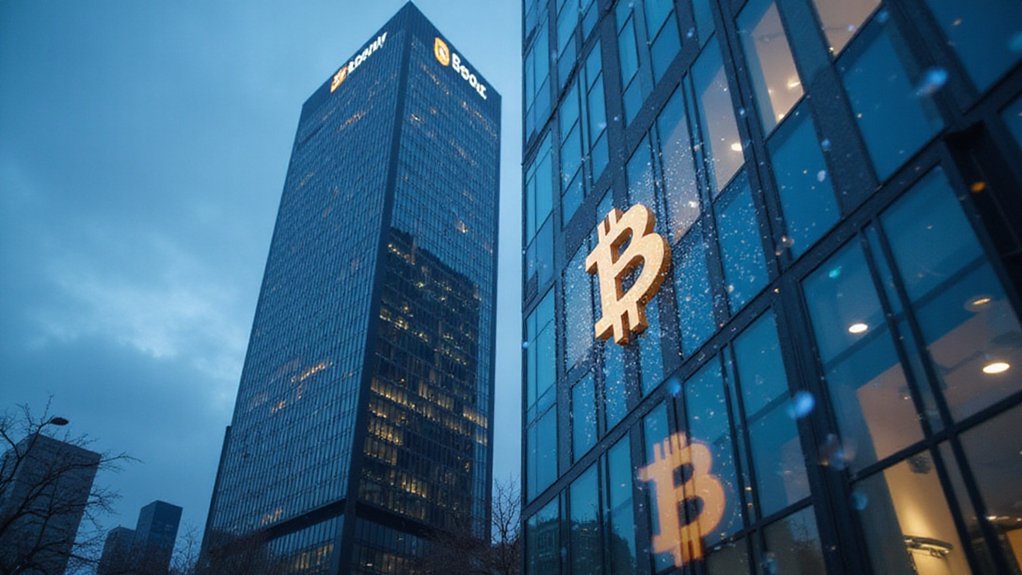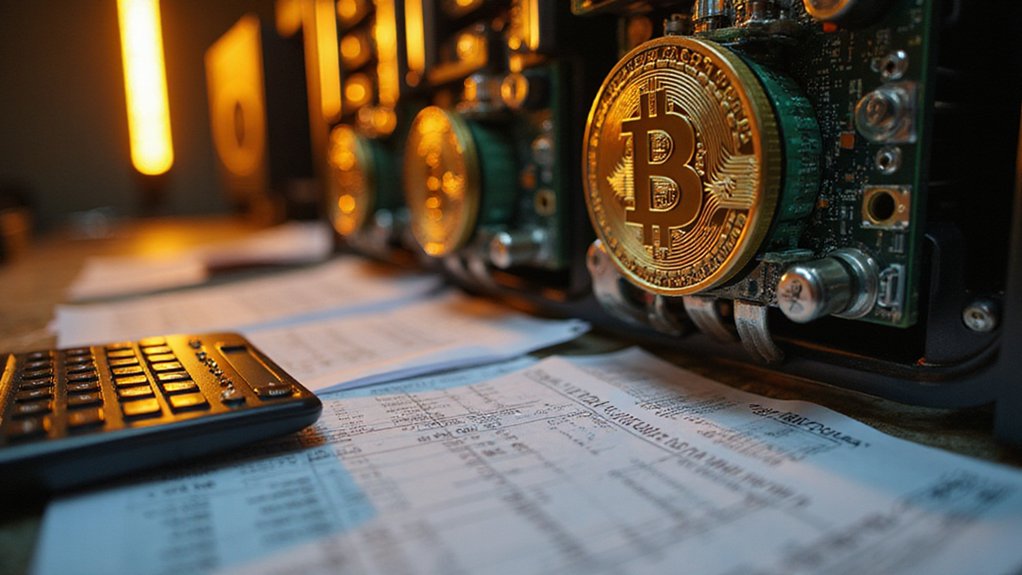While South Korea’s banks spent years watching from the regulatory sidelines as crypto exchanges racked up billions in trading volumes, a confluence of pro-industry political winds and forthcoming legislation has suddenly transformed these cautious financial institutions into enthusiastic digital asset aspirants.
Major players including Woori, Shinhan, KB Kookmin, and Hana Bank are establishing dedicated crypto entities and exploring consortium arrangements—a collective hedging strategy that spreads both regulatory risk and the substantial costs of building digital asset infrastructure from scratch.
These banks, having witnessed exchanges like Upbit and Bithumb capture market share with leveraged lending products (Bithumb’s 4x collateral multiplier being particularly aggressive), now recognize that remaining crypto-agnostic risks irrelevance in an increasingly digitized financial landscape.
President Lee Jae-myung’s administration has reversed the regulatory hostility that previously stalled bank crypto initiatives, replacing ICO-era prohibitions with frameworks designed to reduce compliance ambiguity.
This shift enables banks to move beyond their traditional role as mere fiat account providers for exchange transactions—a limited function that offered minimal revenue opportunities despite the massive trading volumes flowing through their systems.
The Financial Services Commission and Financial Supervisory Service have formed joint task forces to establish guidelines for crypto lending, focusing on leverage limits, user eligibility requirements, and risk disclosure protocols.
These measures target the rapid market fluctuations inherent in cryptocurrency trading that can devastate overleveraged positions within hours—a sobering reality that traditional banking risk models struggle to accommodate. Financial institutions must obtain ISMS certification from the Korea Internet & Security Agency to meet the enhanced security requirements.
Banks are now planning extensive service expansions encompassing digital asset custody, proprietary trading platforms, and blockchain research collaborations, while considering direct investments in crypto technology companies. Korea’s blockchain industry has shown steady growth with 472 service providers as of 2023, representing a 15.1% increase from the previous year. These services will likely include decentralized exchanges that facilitate direct peer-to-peer transactions without traditional intermediaries.
The regulatory framework’s emphasis on real-name account verification—requiring traders to register with verified identities—actually strengthens banks’ competitive position, given their existing KYC infrastructure and compliance expertise.
This transformation represents more than opportunistic pivoting; it acknowledges cryptocurrency’s permanent integration into South Korea’s financial ecosystem.
Banks that previously viewed crypto skeptically now recognize that facilitating mainstream adoption isn’t merely a growth opportunity—it’s becoming an existential necessity as digital assets continue reshaping monetary transactions and investment behaviors across all demographic segments.








